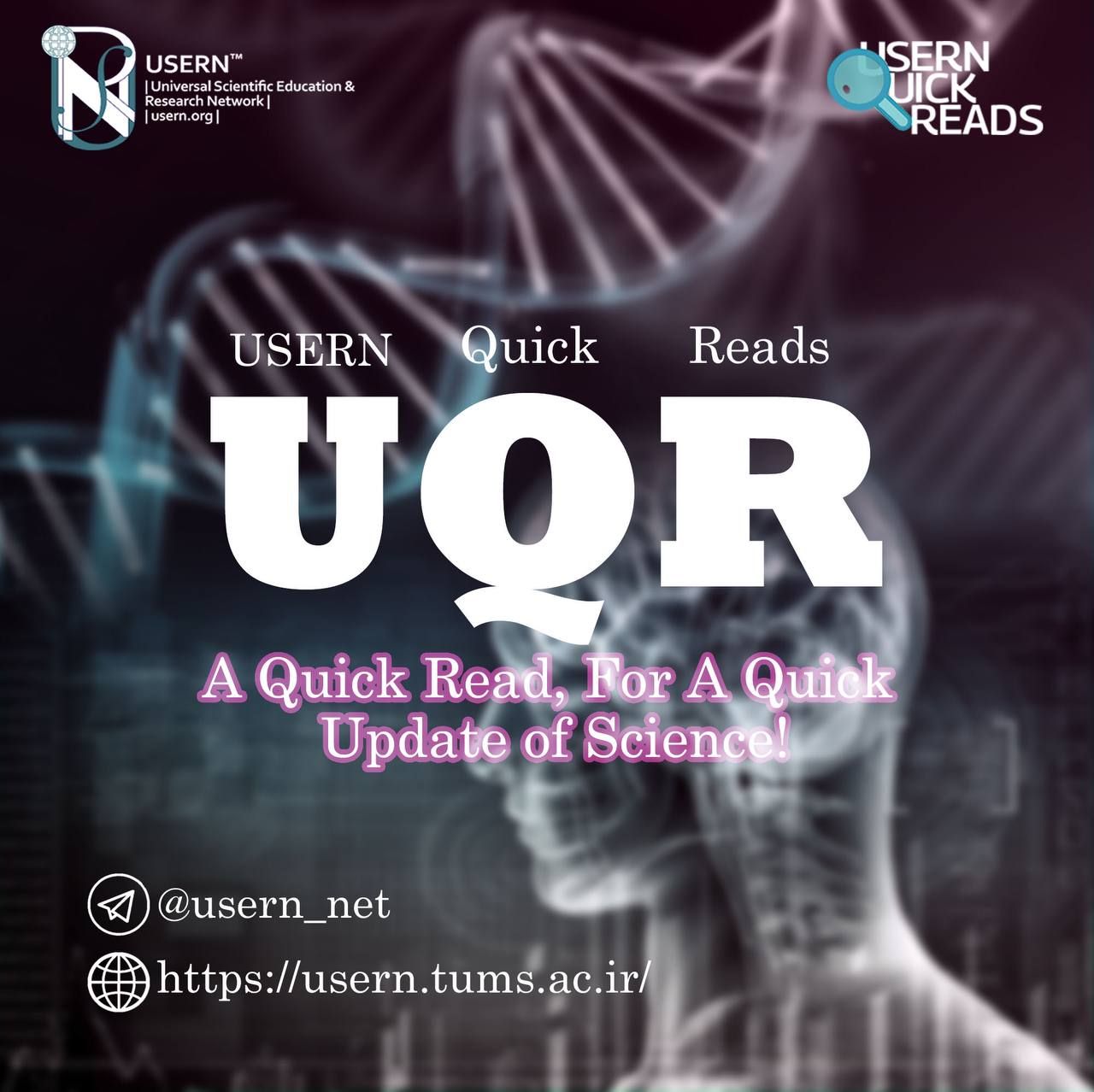Quick Reads
Wisdom In A Complex World, Part III

The Third and Last Part of Wisdom in Complex Word Is Here. Professor Igor Grossman Tells Us About The Solomon’s Paradox And Explains How It Inspired His Experiments In Wise Reasoning And Give The Take Home Message On How To Boos Wisdom In Every Situation And Manner. Here You Go With UQR #9
Wisdom In A Complex World-Part III
By Igor Grossman
How Can We Boost Wisdom?
What situations inhibit and facilitate wise reasoning? After all there must be a way to actually utilise knowledge by manipulating how and what context varies to promote great wisdom in people’s lives. Actually, what we did is inspired by the story of King Solomon, the best known story of his wisdom being the Judgment of Solomon. Two women each lay claim to being the mother of the same child. Solomon easily resolved the dispute by commanding the child to be cut in half and shared between the two. One woman promptly rejected her claim, proving that she would rather give the child up than see it killed. Solomon stated the woman who exhibited compassion to be the true mother, entitled to the whole child. There is indeed kind of difference between how did Solomon think about other people problem versus how much wisdoms he shown in his personal life.
My Experiments
That being said, it inspired me to look at situations may inhibit or facilitate this kind of meta-cognitive processes, i.e. wise reasoning processes. I brought random samples of students who were in a stable relationship into the lab. Then, they read the following situations and were asked to reflect on them:
1- Imagine you have been in the stable relationship for the last two years and suddenly your partner tells you she has sex with your closest friend (your partner had sex with your close friend)
2- Imagine that you realize that or you are told in a situation in which your friend’s partner has sex with another close friend
After giving them time to reflect, I asked them how much you recognize that you need more information here? Do you need consider different perspectives? How many different alternative ways do you think the situation unfolds? How much do you think the person should be compromised for the sake of this relationship? Again, there were higher, i.e. wiser, responses for the friend than for the self.
We have seen this replicated in multiple contexts both for infidelity scenario, with young and old adults, and for the trust scenario, and the results were always consistent.
Why are people when they think about somebody else more likely to utilize the meta-cognition process? Maybe when you think about somebody else, you are more likely to look at the issue from the different view point however, when you think about yourself, you are more likely to look at the issue from self-invested vantage point.
We also decided to test this idea. We asked people to use pronounce "she" or "he" for the third-person and me for the first-person perspective so as to answer the question "How do you think about this issue?" What we see is a replicate of the effect: When you think about others you take a distinct perspective, however, when you think about yourself and you use a set of third person language, what we called it the Solomon’s effect, Solomon paradoxes appear and there is no difference between how you think about others versus yourself. So first lesson learned, if I use this kind of third person language, it can help people to activate meta-cognition and wisdom.
Summary
To sum it up, I gave you socio-ecological framework of wise reasoning, and that there is a substantial variability in wise thinking across days. I told you about Solomon’s paradox that you are wiser when you thinking about others, and how the ego-decentring can boost wisdom in some circumstances.
Last word here, generally, there was a perspective in psychology up until I started to do this work. That being said, the wisdom is generally concerning this highest level of maturation or excellence. I suggest that is not necessarily the best way to think about it. Based on some of what we discussed you can say that wisdom is rather an excellence that distinguishes human species. We have all the capacity to reasoning wisely but we also need to cultivate certain situational context so as to really activate it.
Missed Part I & II of this trilogy?
Part I:
https://usern.tums.ac.ir/News/New?title=Wisdom%20In%20A%20Complex%20World
Part II:
https://usern.tums.ac.ir/News/New?title=Wisdom%20In%20A%20Complex%20World,%20Part%20II
